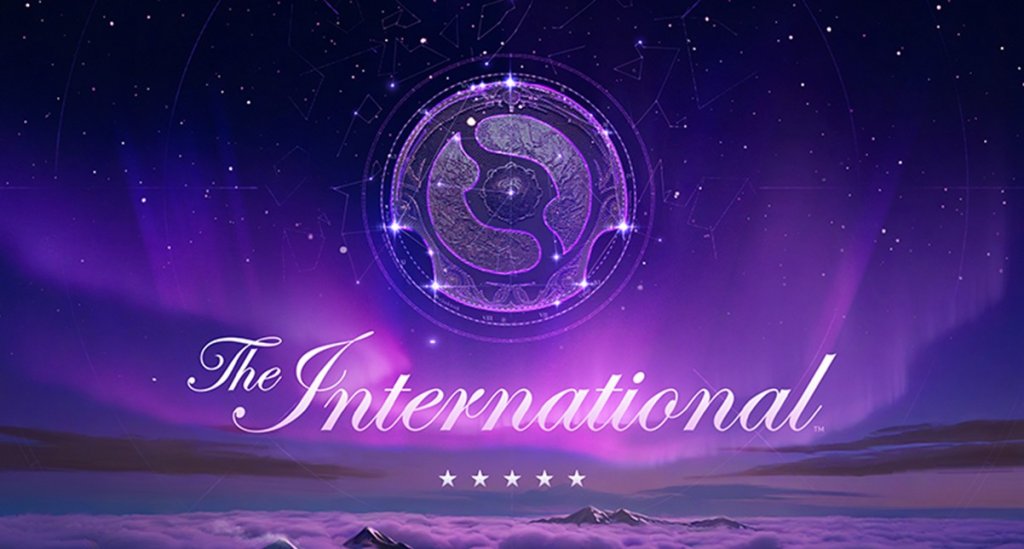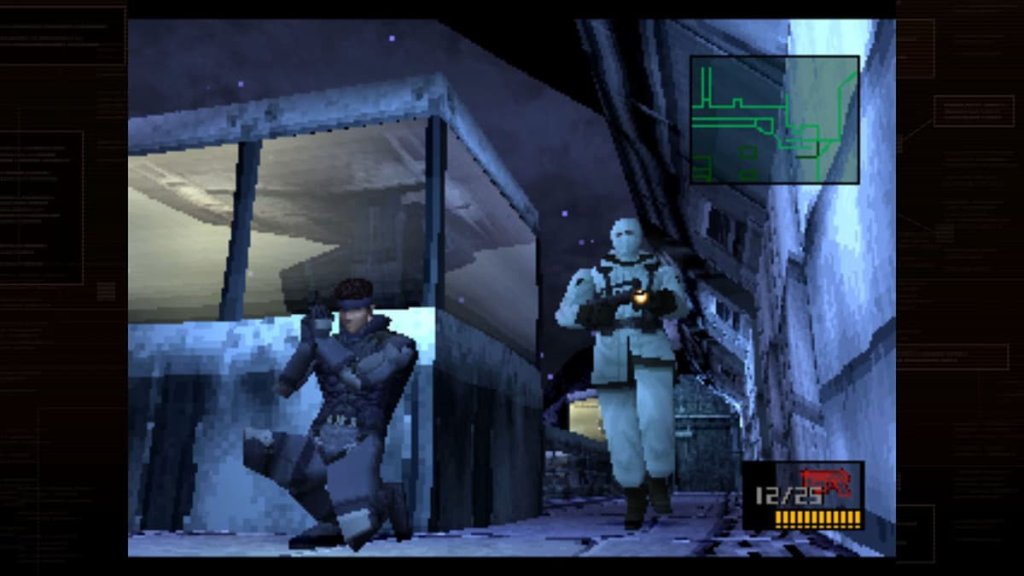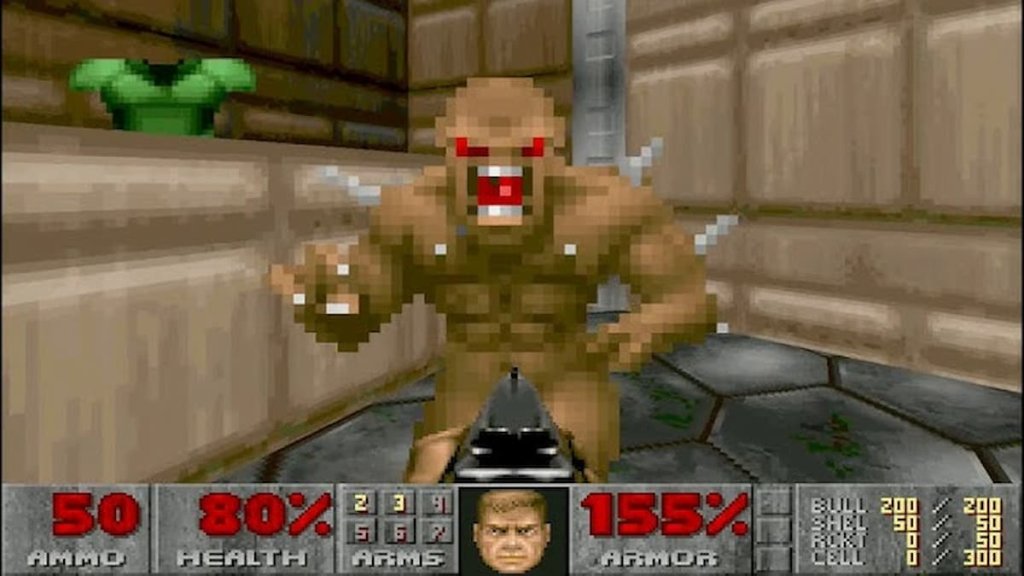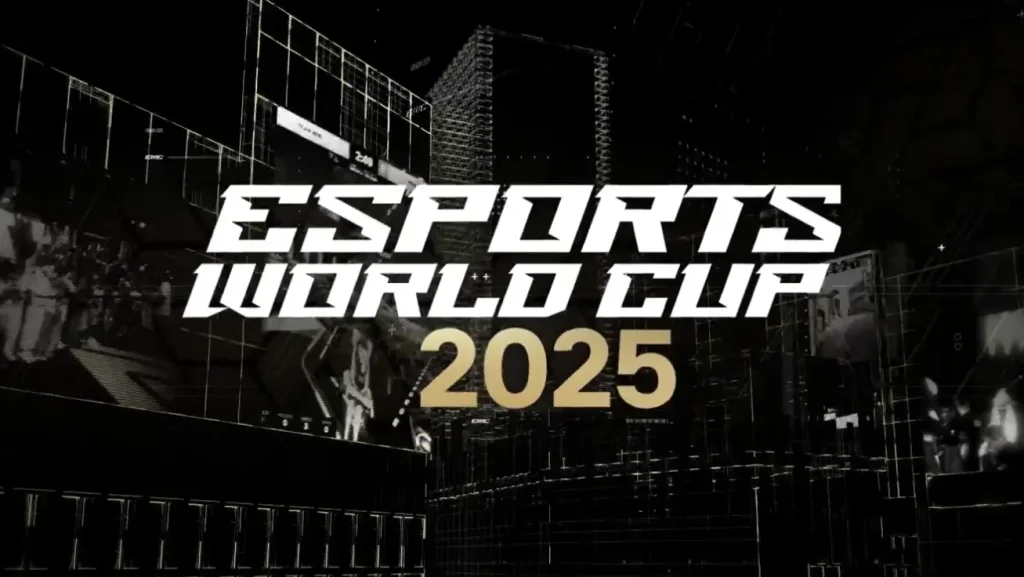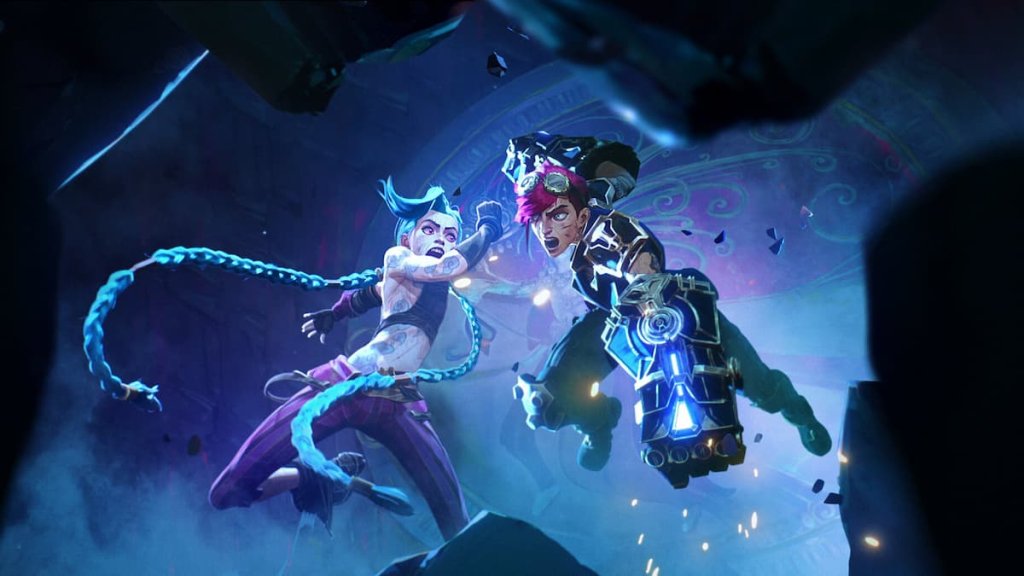
Interview with Valor Esports on creating inspiring journeys through esports
Valor Esports is an academy for aspiring esports players, or “eAthletes.” As esports continues to expand, a path to pro is needed to train the next generation of pro players and industry professionals. To explore this topic, Cody Daniels sat down with Valor Esports Co-Founder Sam Ward, and Luis Salik, Valor’s Rocket League Coach.

Valor Esports / Esports.net
Esports.Net: Can you tell us about yourself and Valor Esports?
Sam Ward: I used to be a tennis player, so I’m very similar to the esports players we work with, in that I had a dream to be a professional tennis player but wasn’t able to achieve that. We joke that our organization is founded by people who didn’t achieve their dreams (laughs), but that leads to a lot of our values. I found that pushing myself to be the best player I possibly could be ended up with me having a rich and resourceful coaching career. I was coaching some of the best junior players in Queensland, Australia. That’s where I learned that if you’re not going to be a professional tennis player, you have other options.
Valor Esports is predominantly a coaching organization. We specialize in grassroots esports, so we’re really focused on helping players go from a development level all the way to a semi-professional level. One of our main focuses is not just the development of the player’s ability, but also who they are as a person and how they can achieve a safety net within the industry. We’ve noticed that a lot of people in sports, much like sports, aim for the highest level and professional standard. We look at the pathway for esports. If you’re unable to make that top, top-level, we look at ways you can still be involved in the industry in a long-term way.
We’ve developed three pathways:
- The professional level – What and how do you train to be the best competitor?
- The collegiate space and how you can utilize your ability to potentially access scholarships or education through esports
- The actual industry of esports. If you’re passionate about what you do, it’s highly likely that you’ll most likely enjoy working in the esports industry.
Valor Esports has built a curriculum and a pathway to achieve those three opportunities. Our main focus is to push you toward the elite level and then reassess when you get closer to finishing school.
Esports.Net: Why was it important to create a company like Valor Esports?
Sam Ward: Our vision for the company is to empower extraordinary dreams no matter where they exist in the world. I think esports, being relatively new, the experiences of younger people is that they want to be a professional esports player but are met with the stereotypical response, “Why would you do that?” or “How is that a real dream, that’s not a real job?” We think it’s so important to bring an emphasis on how to become an e-athlete within this organization. It gives some credibility to their goals.
When Loukmane Issa, one of our co-founders, was younger, he wanted to be a professional Counter-Strike player back in the 2000s. He was met with a lot of resistance from his parents, which is not abnormal in this industry, but he did try to achieve his dream. One of the main issues he had was accessing support and resources around how to achieve it. If you look at traditional sports, my pro tennis dream was a lot like this. There are so many opportunities out there for people to improve or create some sort of career in the sport because the resources have been developed and refined so much over time. I don’t think that exists yet in esports from a structure point of view.
That’s why Valor needs to exist at this stage. Even if you have an extraordinary dream to be a professional player, get a scholarship, or work in the industry, we’re really driven by helping you achieve that esports journey.
We just ran a 12-week program in Rocket League, run by Luis. There was a strong curriculum that went beyond “show up and play.” You have a coach mentoring them at every step of the way.
Luis Salik: I started playing Rocket League back when it was just a demo. So if I wanted to learn something, say, how to launch the ball harder, I couldn’t just look up a tutorial on YouTube. There was a lot of trial and error. That took a lot of time. With these kids that we coach, they don’t have to go through that process. They have a coach mentoring them every step of the way. By comparison, it took me 9-10 months to reach the level it took our kids to reach by the end of the 12-week program. After this program, I realized that having that constant coaching results in some improvement that is straight-up absurd. If you have a dream of playing in college like I am right now or going pro, I realize that coaching is absolutely necessary.
Esports.Net: What is the process of identifying the right coaches to work with your esports athletes?
Sam Ward: It was quite interesting how we approached it because we were so new to esports. The number one indicator we looked for was value alignment. We had a really strong understanding of what our values were for the organization: Community, Experience and Courage. Another piece of the puzzle for us was trying to find people who not only understood esports but they understood performance in another category of their life. That could be a background in sports or achieving a high level of success in work or education. A good example is that our coach, Luis, has experience in sports and studies aerospace engineering at university so he’s obviously a smart guy, but he also understands the fundamentals of progressing as a player in other areas of life. We took the progression model of sports and adapted it to grassroots esports.
That includes emotional stability and having a disciplined approach to competition. Right now it’s a bit like Lord of the Flies online, where people can just say what they want and show little discipline [in gaming]. Not having control over your emotions will hinder your ability to become a great player.
Luis Salik: For our organization in Illinois, our coaching is free for students. What I like to focus on is the team aspect. Of course, it’s important to be a good player, but the team aspect might even be more important. If you put three very good players on the same team and put them against three “okay” players, but they have really good team chemistry, that team is going to win every time. It’s that important in Rocket League and many other esports titles.
I’ve been coaching for about four years now, and I’ve taken a different view on the importance of being a team player. Having an emotional balance is super important in esports because every small detail or movement counts in this game. You need to keep players from tilting in the game.
To get better at your favorite #esports title, you do need to play. But you also need to make sure that you get enough sleep! Not sleeping enough really impacts how you perform on the day when you need to be at the top!#esportsedu #esportshealth pic.twitter.com/bLFcJBsF0z
— Valor Esports (@trainwithvalor) April 19, 2021
Esports.Net: How is the organization educating parents about esports and how it can benefit their children?
Sam Ward: When Valor started, we pretty much didn’t do anything except research esports for about 12 months. We were three people coming into it without much experience and didn’t want to enter the industry without validating some of our assumptions. One of them was around what parents thought of esports. We decided to interview parents of players who were interested in the program. We interviewed about five sets of parents about what they knew, as well as what they liked and didn’t like about esports. There was an overwhelming response of not knowing about esports, and they didn’t like how their child felt after they played online. Gaming was supposed to be a relaxing and fun activity in their eyes, but the child has a dream of being a professional, so they take it very seriously. As you can see the parents and players are on completely different wave links.
The young players’ emotions are extreme, and the parents don’t see why the reactions are so strong because they aren’t aware of the goals. We bring parents into the conversation earlier in the journey so we can translate their child’s passion to them. In fact, a sit-down with the parents is a requirement of the program. We explain that we reduce the negative effects of gaming through a holistic approach and explain what the path to pro looks like. We also explain that skills transfer to other opportunities in the industry. Valor’s number one education process is trying to get parents involved in the experience.
While millions of potential carrers in esports get created daily, there is rarely someone that fully understands a proper career path and esports journey for youths. It is refreshing to know grassroots movements and serious energy is invested into developing esports athletes in all verticals along the ecosystem. The mission of Valor Esports is essential to the esports industry as a whole. Companies like Valor Esports help create the foundation of esports to make a positive and healthy esports community for the future. We can only hope their reach and scope grows in the future and assist as many talented individuals as possible.
